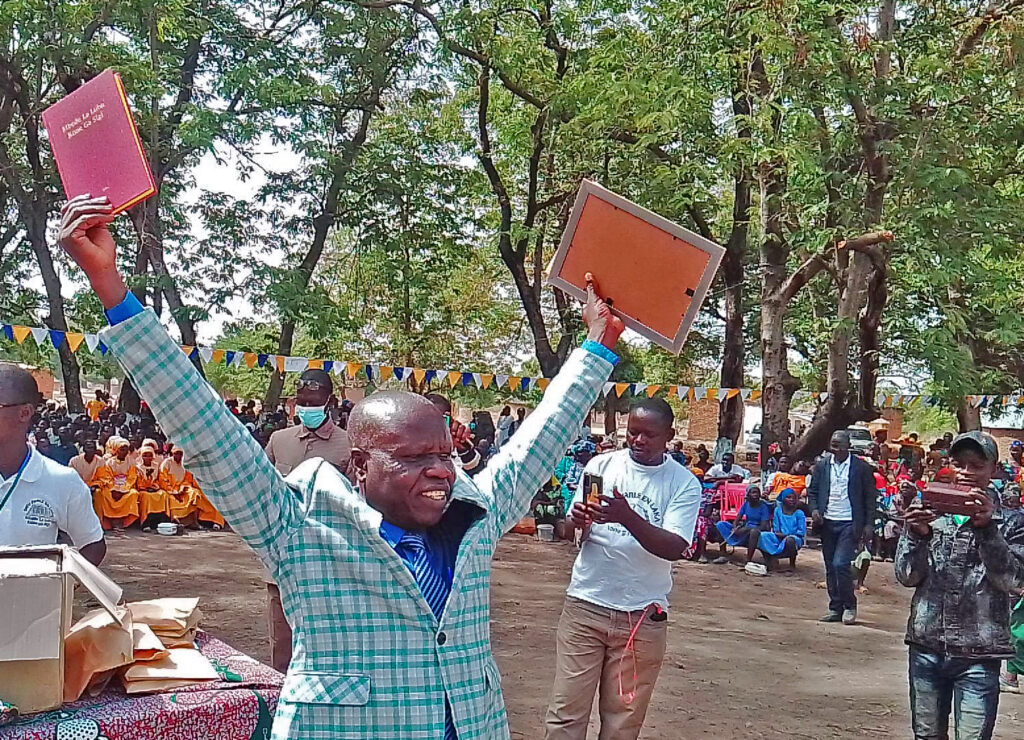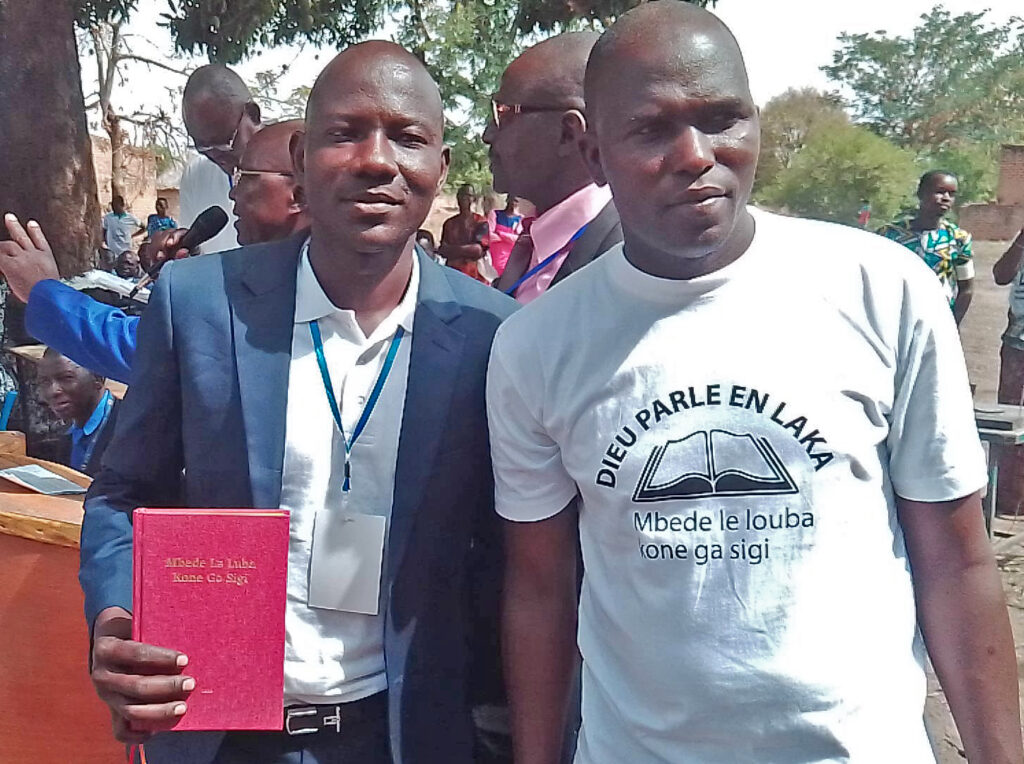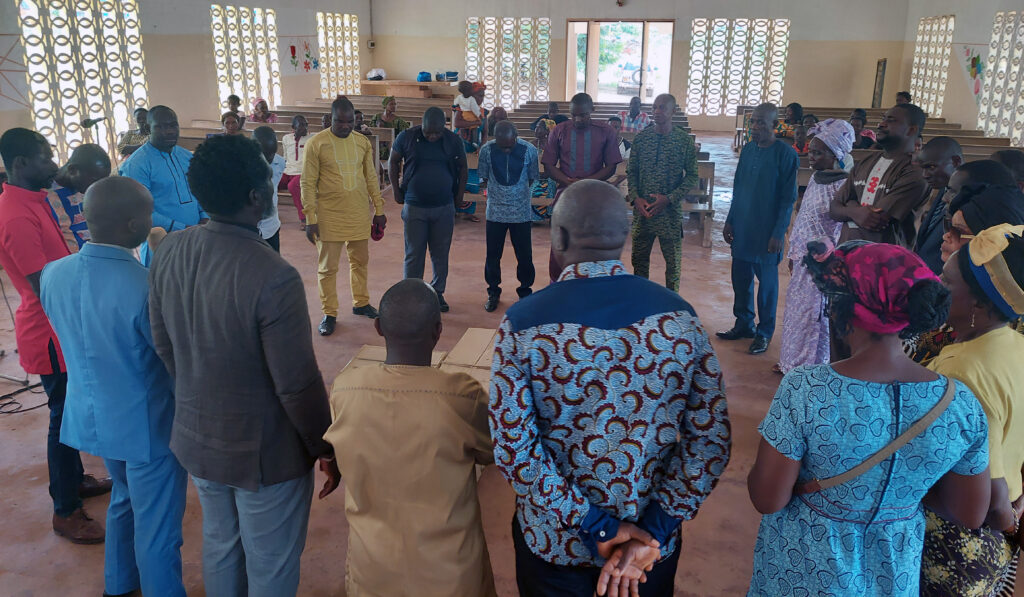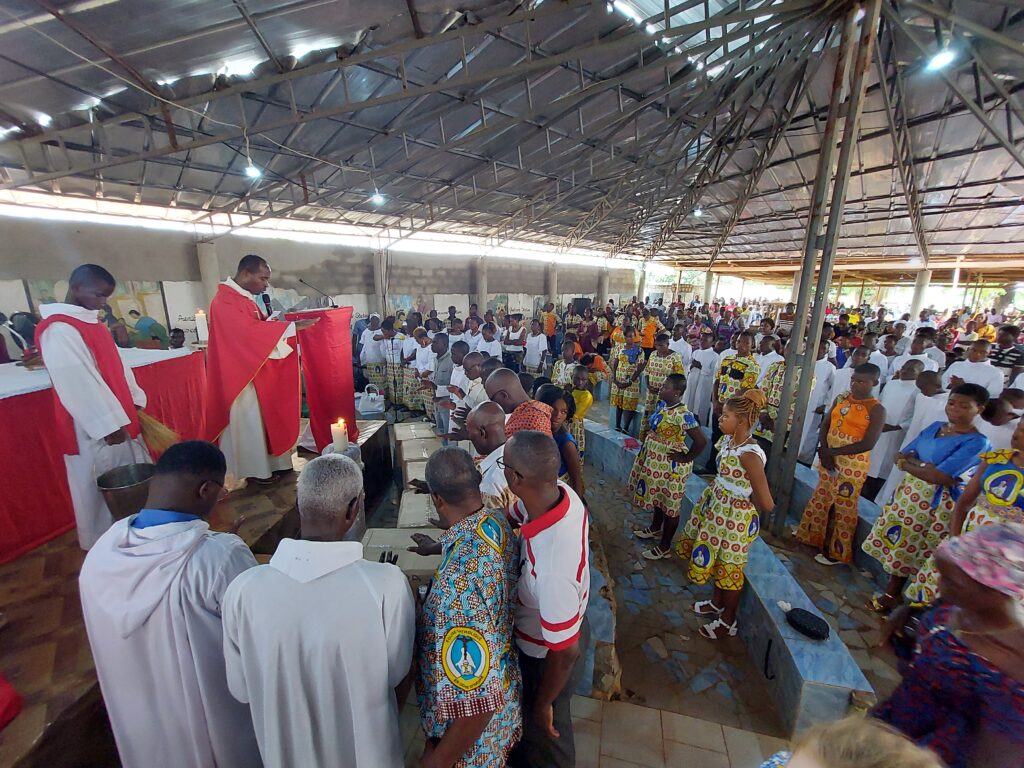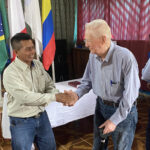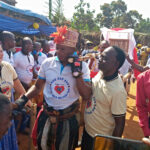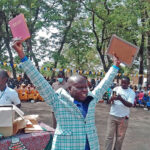For Such a Time as This
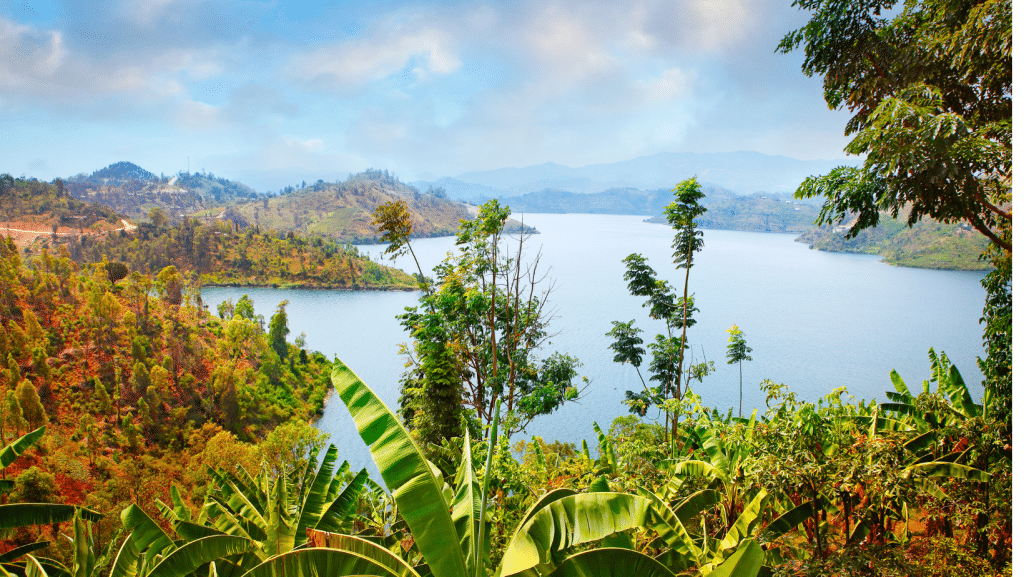
Straddling the countries of Rwanda and the Democratic Republic of the Congo (DRC), lies Lake Kivu. On the northern edge of this 55-mile-long body of water sits the city of Goma, where translators are hard at work translating Scripture into Kihavu and three other languages.
In 2015, when many Bible translation groups met in Kinshasa, DRC, representatives from Goma expressed great interest in having the Bible translated into their languages. Around the same time Stephanie DeWitt, a field coordinator for the Seed Company*, began her assignment in the DRC by going to Goma and meeting with some of these interested groups.
“On my first trip to Goma I met with about six different language groups, including the Havu, Nyanga, Hunde, and the Kobo.” These four groups seemed the most ready to start a project, so Stephanie worked with them to find leaders and translation staff, design a proposal, and develop a budget. “The people connected with this project in Goma have all surpassed my expectations for what they would be able to do for their first Bible translation project. I truly believe that God prepared all of them (and myself) in advance for this time and these projects.”
The Havu team translates in Goma because a large population of the language group lives there, and it is safer than the outlying villages. But about half of the Havu community still live on Idjwi Island in the middle of Lake Kivu and in villages surrounding the lake. The Havu translation team must travel out to these communities to seek local churches’ input on the translation, help with funding, and to include them in Scripture engagement activities and important decisions.
Yet the cost of reaching these villages seems, at times, almost too much to bear. Currently the team must either use public transportation or hire a private driver. If they hire someone to take them out to the villages, they not only pay the driver, but must also pay for the driver’s gas, food, lodging, and any travel fees. If the team takes public transportation, they must take more than one mode—taxi, boat, bus—to reach their destination with charges for tickets and other fees at each stage of the journey.
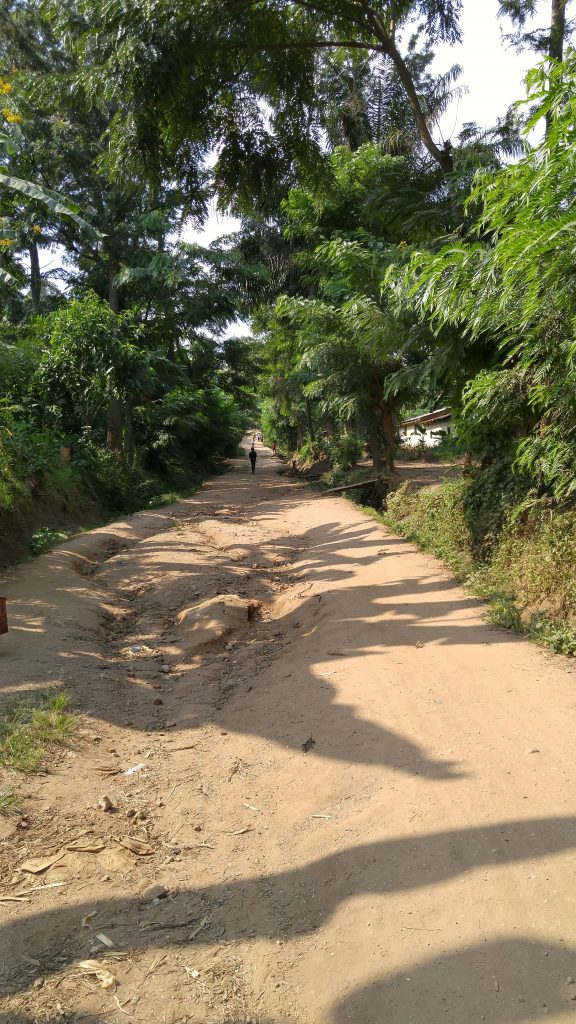
Most roads are dirt, and the paved roads have succumbed to weather and erosion so they’re now riddled with potholes. “During the rainy season,” Stephanie explains, “these roads are extremely difficult to drive on.” These long journeys over bumpy, teeth-jarring roads exhaust the team, leaving them with little energy for the necessary meetings and translation work in the villages.
This is why the Havu translation team has requested that JAARS—with help from people like you—provide them with two motorcycles. These “would allow the teams more flexibility to travel and meet with pastors and communities on their own schedule,” Stephanie says. “[They] would significantly reduce the cost of these trips and provide a reliable vehicle that we could trust.”
Some of the Havu people already have portions of Luke (chapters 1-12) in Kihavu and are using it! According to one of the translators, “Pastors who have purchased the portions of Luke use them in meditations, Bible studies, teaching, and preaching in their churches. The faithful and parents who bought the portions of Luke and other booklets in Kihavu use them to teach their children Kihavu and even the Word of God.”
Praise the Lord that God has prepared the Havu translation team and the Havu people for such a time as this for the eternal work of translation. You can help us reduce the team’s cost of reaching their people with God’s Word in Kihavu!
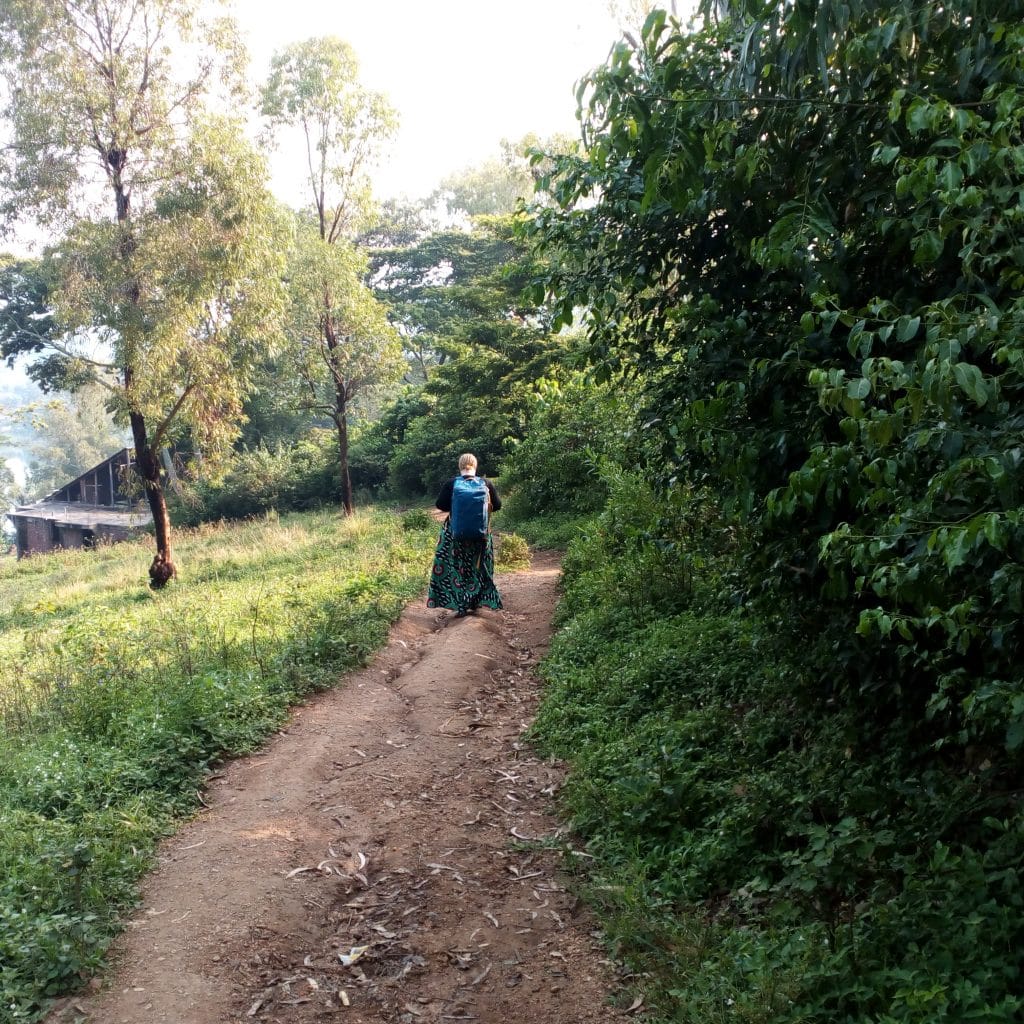
Your gift to Land Transportation Solutions will enable the Havu people to have God’s Word in a timely, efficient way.
*A Christian organization that provides training, consulting, funding, and project management that leads to a meaningful, accurate translation in the local mother tongue.



























































